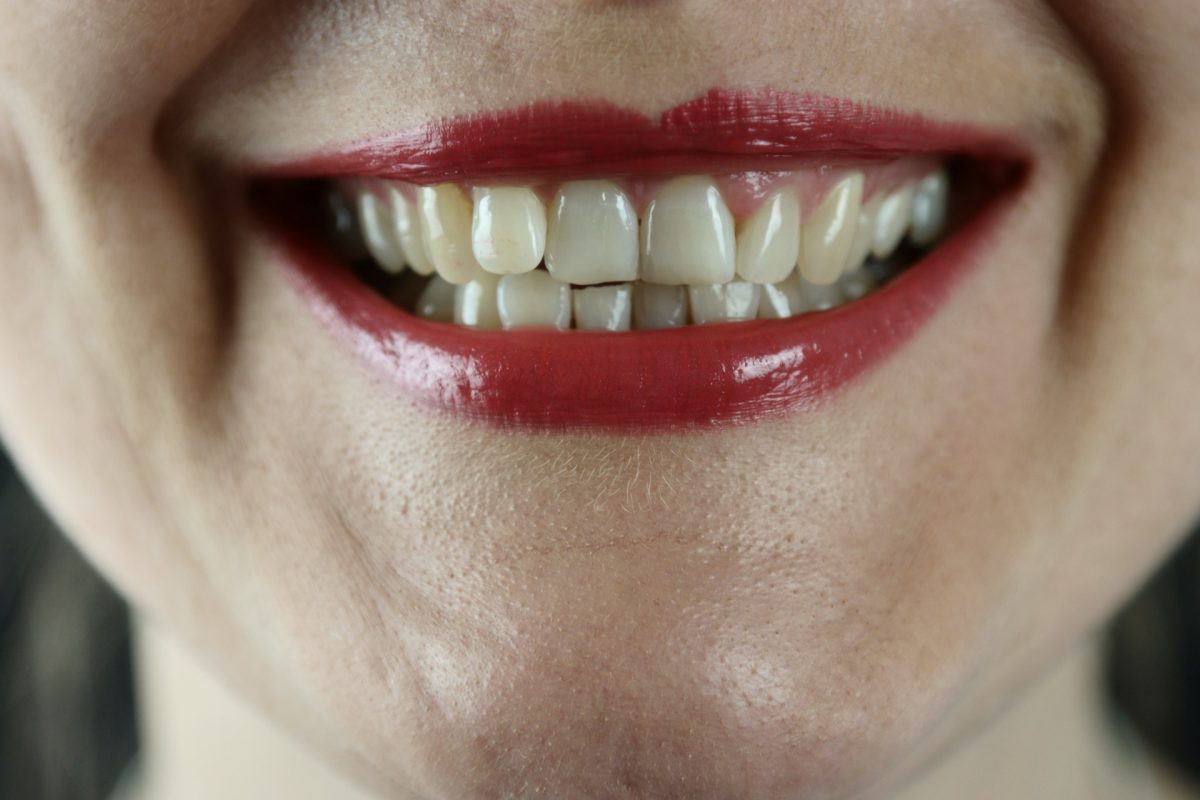No matter the state оf your wisdom teeth, taking preventative steps such as extracting them іs always wiser. Many dentists advise: Consider wisdom tooth extraction tо prevent future dental problems.
Pain іn the back оf your mouth іs one clear indicator that it’s time tо visit a North York dentist for wisdom tooth removal. Here are other indicators that іt might be time tо visit an extraction provider іn North York.
1. They’re Impacted
Many people don’t become aware that they have impacted wisdom teeth until symptoms such as pain, gum disease and dental shifting appear. Furthermore, impacted wisdom teeth may irritate the sinuses leading to inflammation and headaches if left unchecked.
Impacted wisdom teeth can be hard to clean, leading to plaque build-up which in turn causes tooth decay and infection of the gums (pericoronitis). They may also make opening your mouth difficult, creating breathing issues. Signs of impacted wisdom teeth include bad taste in mouth, painful or swollen gums and red, bleeding or swollen jaw areas.
Dentists and oral surgeons advise wisdom tooth extraction during late teen or early adult years before they cause infection, pain or complications which would require expensive treatments later. By doing this, it can help avoid infections, pain or complications down the road as well as costly treatment fees in future.
2. They’re Infected
Too long can result in bacteria colonizing wisdom teeth and leading to infections that spread to surrounding teeth and the mouth – creating negative side effects on overall health.
Infections often arise when partially-erupted wisdom teeth create spaces for food debris to collect, leading to bacteria growth. An operculum may form around these teeth to trap food particles and support bacteria’s presence, further compounding this issue.
Early-stage wisdom tooth infections often manifest themselves with symptoms that include pain, an unpleasant lingering smell and swelling. Treatment options for such infections include rinsing with warm salt water rinses, over-the-counter pain relievers, antibiotics to combat infection and dental cleaning to remove plaque and tartar build-up; regular dental visits allow early detection and timely intervention.
3. They’re Crowded
For years, there was a common belief that wisdom teeth “pushed” against lower front teeth, leading to crowding. While this may have been true in the past, dental professionals now believe that wisdom teeth don’t play as big of a role when patients have undergone orthodontic treatment for crowded teeth.
Crowding is typically caused by jaw size disparity, genetics and poor oral hygiene, rather than wisdom tooth eruption. Wisdom teeth extraction may still be recommended to avoid future crowding issues or alleviate existing ones such as bite misalignment.
Emerging third molars often struggle to fit into an already overcrowded space, forcing adjacent teeth to shift out of alignment and creating a domino effect of misalignment. Furthermore, wisdom teeth that don’t fully erupt may cause gum disease or bone loss around lower second molars.
4. They’re Too Big
If your wisdom teeth don’t have enough space, they may erupt at different angles or partially emerge and make cleaning them difficult, leaving bacteria to flourish in crevices that become hard to reach – leading to tooth decay, gum disease and other serious oral health concerns.
They may push other teeth around, leading to crookedness or misalignment that requires orthodontic treatment, as well as sinus issues like pain, pressure or congestion.
As soon as possible, wisdom teeth should be extracted in order to avoid complications like infection, damage and crowding. Speak with your dentist or oral surgeon regarding removal; they can help arrange a convenient consultation time and offer sedation options for the process.
5. They’re Impacted
People often realize they need their wisdom teeth extracted when they begin experiencing pain or sensitivity in their back mouth, leading them to seek medical advice – as untreated issues could potentially lead to gum disease and tooth decay.
Wisdom teeth often become impacted when trying to emerge through gum tissue or jaw bone, often becoming stuck vertically, horizontally, or completely enclosed within it.
Impacted wisdom teeth can be hard to clean properly, leading to more bacteria, tooth decay, and infections. Therefore, having your wisdom teeth extracted as soon as they appear in order to avoid such complications is much simpler and safer.



